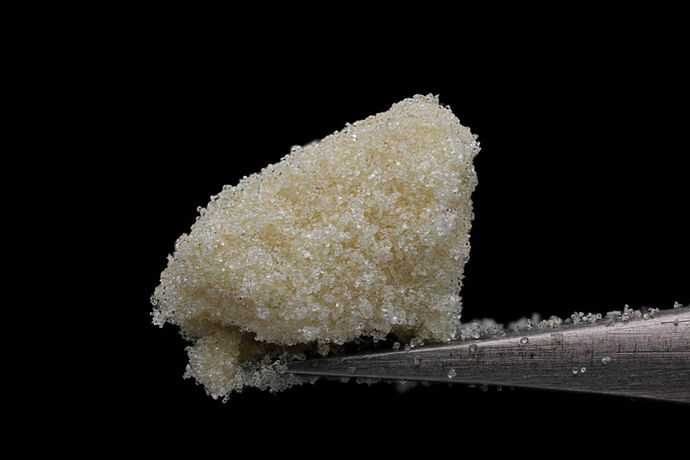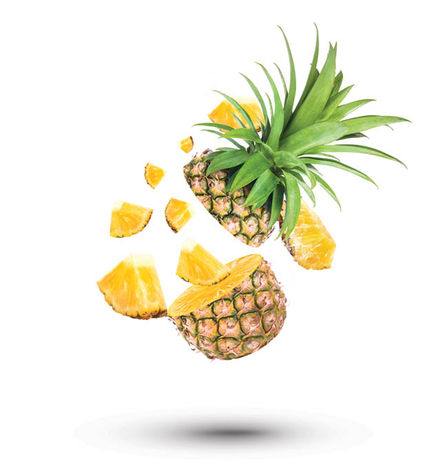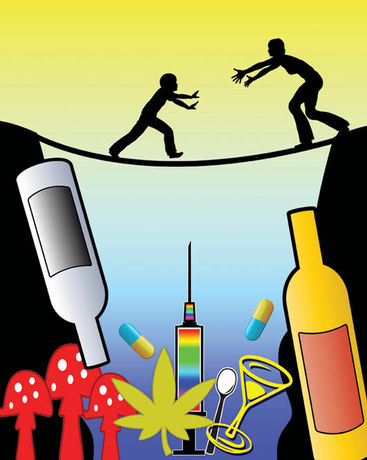This issue is the beginning of my fourth year writing a hemp column for Northwest Leaf. I’ve also been a guest on the Leaf Life podcast three times. Thumbing through a recent issue, I realized that what I write doesn’t stand out because it’s any good. It stands out because it isn’t about Cannabis, pot, reefer or weed. It’s about hemp, hemp and more hemp.
Wes Abney, Mike Ricker, Daniel Berman and the rest of the staff have always been incredibly supportive. I’m grateful, but I’m still the lone hemp voice in a marijuana publication. To set the record straight, I’m an enthusiastic lifelong stoner. Vegetarian-Buddhist-Leftist-Deadhead too, if we’re tossing around labels.
Hemp and Cannabis aren’t mutually exclusive. There’s no reason why one has to choose one over the other, because there’s no competition or conflict. Purists will point out that hemp or pot, botanically, it’s all Cannabis sativa l. – cousins rather than total strangers. My analogy is corn: field corn, sweet corn or popcorn. Hemp: medicinal, fiber or grain. From this perspective, hemp fits right into the rest of this publication.
For many around the country and around the world, hemp is an accessible source of plant-based medicine. Why? Because Cannabis legalization lags behind hemp. To put it another way, hemp is more legal than pot. So much CBD-rich hemp is being grown that market prices have plummeted, leaving farmers, processors and investors holding the short end of the stick in many cases. The upside is that hemp-derived CBD products have quickly become mainstream.
Without hemp, many medical patients either pay too much or don’t have access at all to the medicine they need. Not everything that graces these pages is about getting high. Many readers are legitimate medical patients who simply want to get well. They want to be healthy without paying the high excise taxes on legal recreational marijuana. Hemp often provides a safe and effective alternative, especially for those who make their own tinctures, topicals and edibles.
Having this modest column nestled in among recreational products might, just might, expose some people to hemp who otherwise wouldn’t have any contact with it. Not as a replacement for THC-rich Cannabis, but as an option to explore. To engage such readers, a scratch ’n’ sniff might just do the trick.
I must confess that I have another, more personal, reason to write this column month after month, year after year. I’m not the smartest person, nor do I possess a crystal ball. I do however spend way too much time immersing myself in multiple aspects of the hemp industry. I grow hemp, I make medicine with hemp, I have a podcast about hemp and much, much more. It’s not that my column gives me a big soapbox complete with paparazzi and stalkers – I’m trying to not only comment about what I see, but gently and quietly nudge this explosive and nascent industry into sound ecological and financial directions. Call me naive, but I like to think I counter some of the greed and business as usual attitudes attempting to creep into the hemp industry.
Hemp is not the hip plant these days – following closely on the heels of kale, quinoa and acai – but hemp is without a doubt our absolute best tool to unravel the damage we’ve done to the earth, redistributing power and wealth away from large corporations. We can do better by the planet and for each other. Hemp is the key. This is why I write this column.
Thank you.










